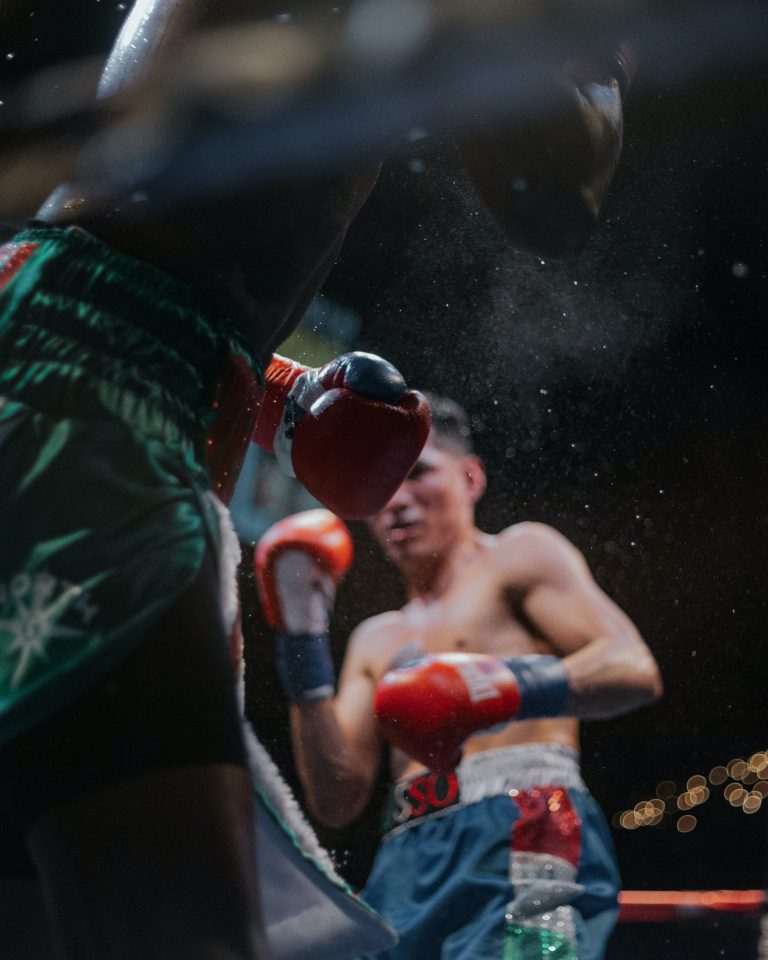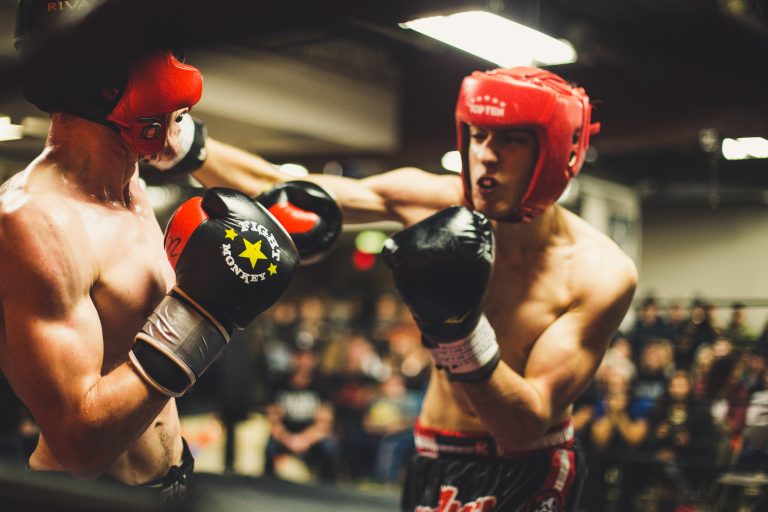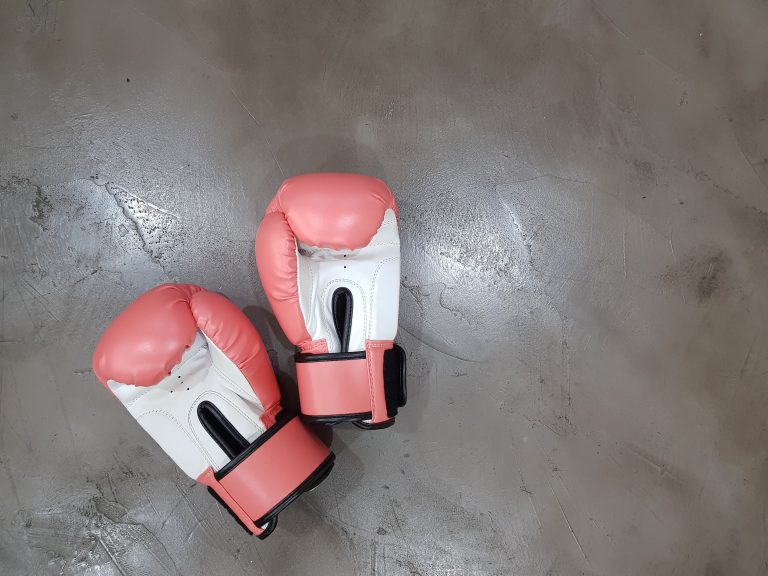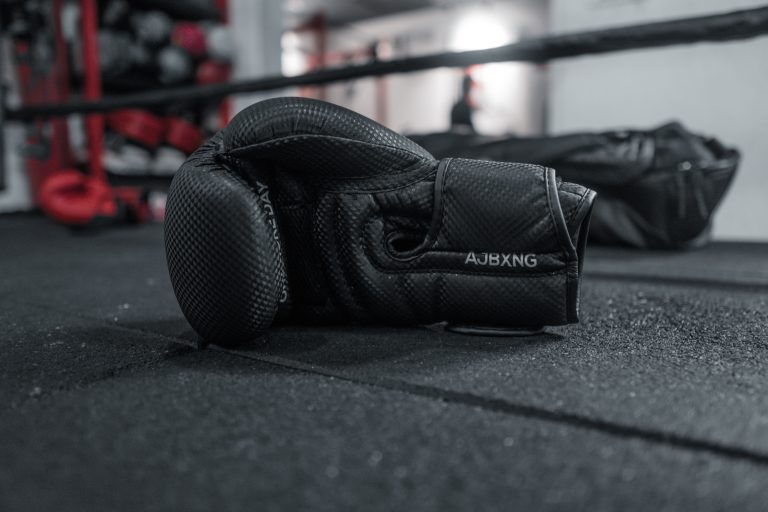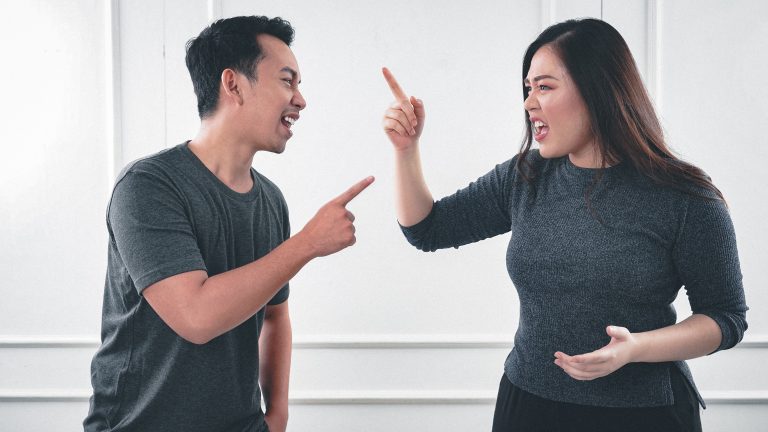Karate and self-control: How to stay disciplined in training
Karate is not just a martial art, but a way of life that emphasizes the cultivation of discipline, focus, and self-control. In order to become a skilled karate practitioner, it is essential to maintain a consistent training regimen and always strive to improve one’s technique. However, it can be a challenge to stay disciplined and motivated, particularly during times of frustration or burnout. In this blog post, we will discuss how karate can help you develop self-control and provide tips for staying focused and disciplined in your training.
The Importance of Self-Control in Karate
Karate is a combat sport that requires precision, discipline, and control. Without self-control, it is impossible to execute techniques accurately or make progress in your training. Self-control is also an essential trait for staying focused, managing stress, and overcoming obstacles. Whether you are a beginner or a seasoned martial artist, maintaining self-control should be one of your top priorities in karate.
Techniques for Staying Disciplined in Karate
Below are some tips to help you stay disciplined in your karate training:
Set Realistic Goals
Setting goals helps you stay motivated and gives you a sense of direction in your training. It’s essential to set realistic goals that align with your current skill level and overall objectives. Setting overly ambitious goals can lead to frustration and demotivation, while setting small goals can help you make progress and build self-confidence.
Establish a Routine
Establishing a routine can help you stay disciplined and consistent in your training. A routine provides structure and helps you develop good habits that support your karate practice. Try to set aside a specific time each day or week for your training, and commit to this schedule as much as possible.
Practice Mindfulness
Mindfulness is an essential skill for developing self-control. It involves paying attention to the present moment and being fully engaged in your training. Practice mindfulness by focusing on your breathing, body, and technique during your training sessions. If you find that your mind is wandering, gently bring your attention back to the present moment.
Find an Accountability Partner
Having someone to support and hold you accountable can be a powerful motivator in your training. Find a training partner or coach who can help keep you on track and provide feedback on your progress. Regular check-ins and accountability sessions can help keep you motivated and focused on your goals.
Conclusion
In summary, self-control is a critical trait for staying disciplined and making progress in karate. By setting realistic goals, establishing a routine, practicing mindfulness, and finding an accountability partner, you can maintain focus and motivation in your training. Remember that self-control is a skill that can be cultivated through consistent practice and dedication. By integrating these techniques into your karate practice, you can become a more disciplined and skilled martial artist.
Karate and self-control: How to stay disciplined in training
Karate is a martial art that is not just about fighting, but also about developing self-discipline, respect, and control. In order to become a successful karate practitioner, it’s important to have self-control during training. This article will explore some of the most frequently asked questions about karate and self-control and provide some helpful tips on how to stay disciplined during your training sessions.
What is self-control in karate?
Self-control is the ability to maintain discipline and order over yourself during training. It is an essential component of martial arts such as karate, as it helps practitioners to develop strong mental discipline and focus. Without self-control, it is impossible to make progress in your training or achieve your goals as a karate practitioner.
Why is self-control important in karate?
Self-control is important in karate for a number of reasons. Firstly, it helps practitioners to avoid injury by training safely and responsibly. Secondly, it enables them to focus their energies on their training goals, rather than being distracted by external factors. Thirdly, it promotes good sportsmanship and respect for others, both of which are highly valued in the martial arts community.
How can you develop self-control in karate?
Developing self-control in karate requires a conscious effort to focus on discipline and order in your training. Here are some tips on how to develop self-control in karate:
1. Practice mindfulness
Mindfulness is the practice of being fully present and aware of your surroundings. In karate, this means being aware of your body, your breathing, and your movements during training. By practicing mindfulness, you can train your mind to stay focused and disciplined even in challenging situations.
2. Set goals
Setting goals is an important part of developing self-control in karate. By setting achievable goals for yourself, you can stay motivated and disciplined during your training sessions. Make sure that your goals are specific, measurable, achievable, relevant, and time-bound (SMART), so that you can track your progress and make adjustments as necessary.
3. Practice self-discipline
Self-discipline is the ability to regulate your own behavior and actions. In karate, this means disciplining yourself to train regularly, follow instructions, and avoid distractions. By practicing self-discipline, you can develop the mental toughness and resilience you need to succeed in your training.
4. Seek guidance from a sensei
A sensei is a karate teacher who can provide guidance and feedback on your training. By seeking guidance from a sensei, you can learn from their experience and wisdom, and improve your own skills and discipline. A sensei can also provide support and encouragement when you face challenges and obstacles in your training.
What are the benefits of practicing self-control in karate?
Practicing self-control in karate has many benefits, including:
– Improved focus and concentration
– Greater mental resilience and toughness
– Increased physical fitness and strength
– Improved sportsmanship and respect for others
– Reduced risk of injury and accidents during training
Conclusion
In conclusion, self-control is an essential part of karate training, and it requires a conscious effort to develop and maintain. By practicing mindfulness, setting goals, practicing self-discipline, and seeking guidance from a sensei, you can develop strong mental discipline and focus. The benefits of practicing self-control in karate are numerous, and can help you to achieve your goals and become a successful karate practitioner.
Inhaltsverzeichnis

